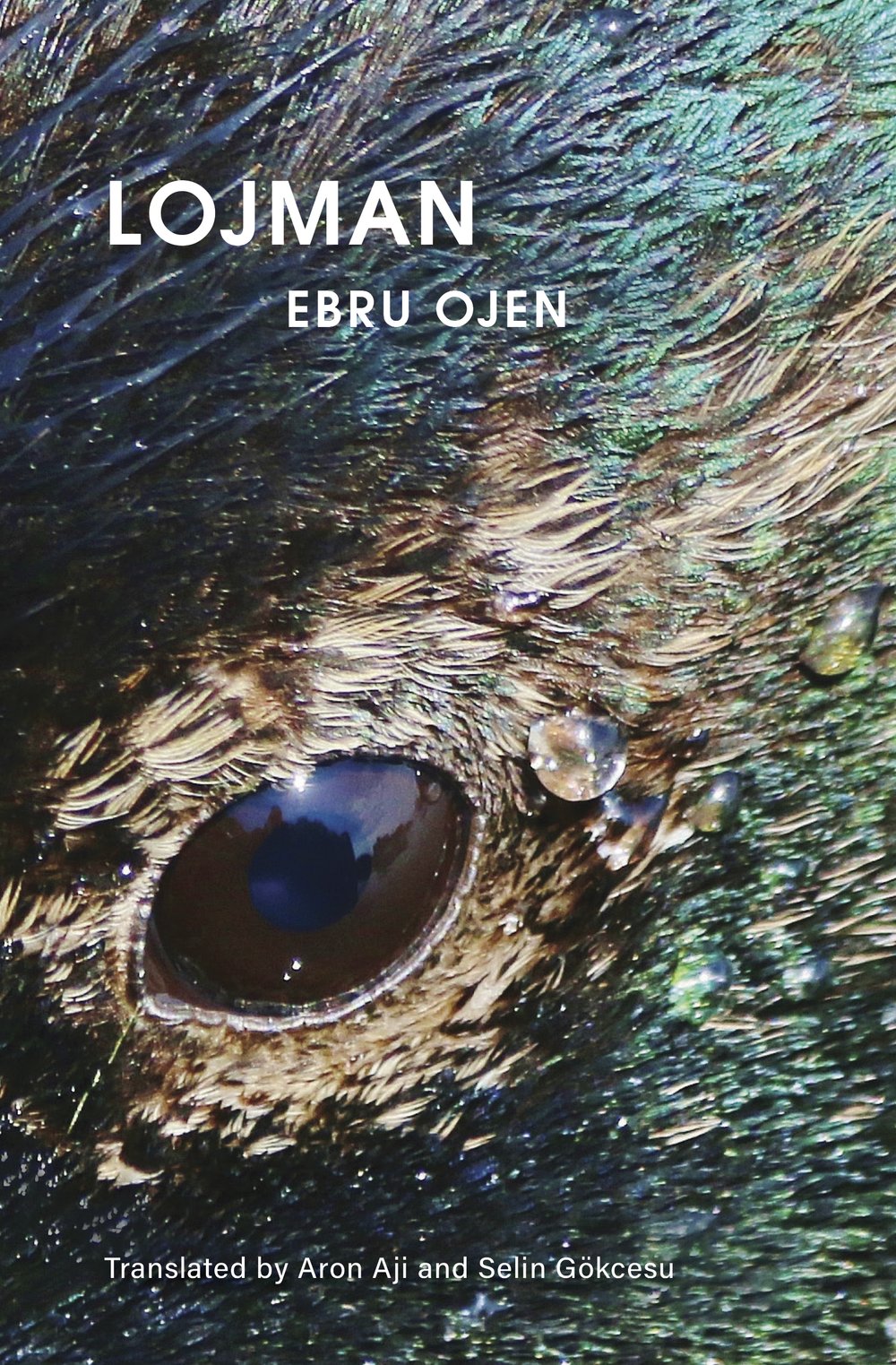Lojman

Abandoned by her husband, marooned by an epic snowstorm, a mother gives birth to her third child. Her sense of entrapment turns into a desperate rage in this unblinking portrait of a woman whose powerlessness becomes lethal.
Lojman tells, on its surface, the domestic tale of a Kurdish family living in a small village on a desolate plateau at the foot of the snow-capped mountains of Turkey’s Van province. Virtually every aspect of the family’s life is dictated by the government, from their exile to the country’s remote, easternmost region to their sequestration in the grim 'teacher’s lodging' — or lojman — to which they’re assigned. When Selma’s husband walks out one day, he leaves in his wake a storm of resentment between his young children and a mother reluctant to parent them.
Written in startling, raw prose, this novel — the author’s first to be translated into English — is reminiscent of Elena Ferrante’s masterful Days of Abandonment, though its private dramas are made all the more vivid against an imposing natural landscape that exerts a powerful, life-threatening force.
In short, propulsive chapters, Lojman spins a domestic drama crystallised through the family’s mental and physical claustrophobia. Vivid daydreams morph with cold realities, and as the family’s descent reaches its nadir, their world is transformed into a surreal, gelatinous prison from which there is no escape.
'Lojman is a book that shows its teeth. In powerful, unflinching prose of malevolence and confinement, Ebru Ojen depicts the family unit as a condition in which the most abject of cruelties and annihilations are imagined, resulting in an unparalleled portrait of madness and oblivion.' — Xiao Yue Shan, Asymptote Book Club
'This is a novel where fraught interpersonal dynamics overlap with an increasingly inhospitable setting, a slow burn that leads to a haunting resolution.' — Tobias Carroll, Words Without Borders

Ebru Ojen was born in 1981 to Kurdish parents in Malatya, Turkey. In 1984, the family moved further east to Van, when her schoolteacher father was relocated by the state. After Ojen finished high school in Van, she moved to Izmir, completing her university education at Dokuz Eylul University’s Opera and Acting program. In 2014, Ojen published her striking debut novel, Aşı (Vaccine), about a state-sponsored vaccine campaign in an imaginary Kurdish village. That same year, Ojen was recognized among the ten most important emerging voices in Turkish literature. Her next novel, Let the Carnivores Kill Each Other appeared in 2017, followed by Lojman, in 2020, which City Lights will publish in English in August of 2023. She currently resides in Istanbul, Turkey.
Aron Aji, Director of Translation programs at the University of Iowa, is a native of Turkey, and has translated works by modern and contemporary Turkish writers, including Bilge Karasu, Elif Shafak, Latife Tekin, Murathan Mungan, and Ferit Edgu. His Karasu translations include Death in Troy; The Garden of Departed Cats, (2004 National Translation Award); and A Long Day’s Evening (NEA Literature Fellowship; Finalist, 2013 PEN Translation Prize). His forthcoming translations are Ferid Edgü’s Wounded Age and Eastern Tales (NYRB, 2022), and Mungan’s Tales of Valor (co-translated with David Gramling) (Global Humanities Translation Prize, Northwestern UP, 2022), and The Behaviour of Words by Efe Duyan (White Pine Press, 2023). Aji was president of The American Literary Translators Association between 2016-2019. He currently resides in Iowa City, Iowa.
Selin Gökcesu is a Brooklyn-based writer and Turkish translator. She has a PhD in psychology and an MFA in writing from Columbia University.
